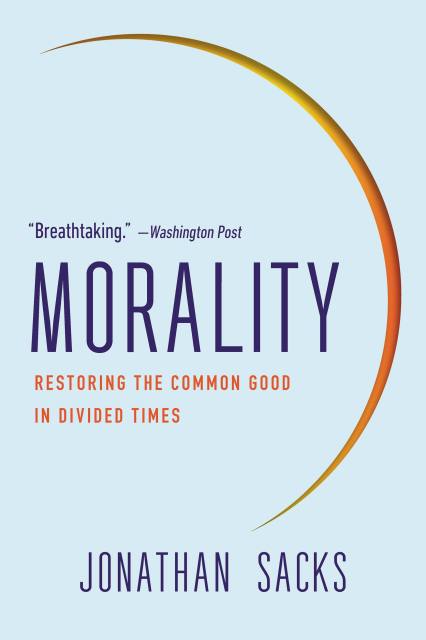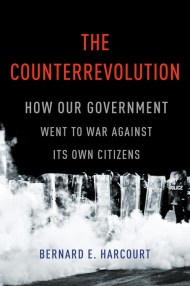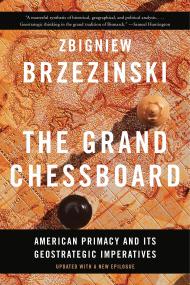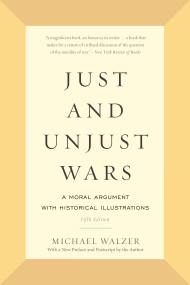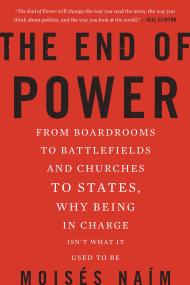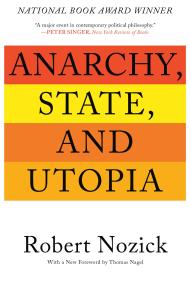By clicking “Accept,” you agree to the use of cookies and similar technologies on your device as set forth in our Cookie Policy and our Privacy Policy. Please note that certain cookies are essential for this website to function properly and do not require user consent to be deployed.
Morality
Restoring the Common Good in Divided Times
Contributors
Formats and Prices
- On Sale
- Aug 30, 2022
- Page Count
- 384 pages
- Publisher
- Basic Books
- ISBN-13
- 9781541675339
Price
$18.99Price
$23.99 CADFormat
Format:
- Trade Paperback $18.99 $23.99 CAD
- ebook $12.99 $16.99 CAD
- Hardcover $30.00 $38.00 CAD
- Audiobook Download (Unabridged)
This item is a preorder. Your payment method will be charged immediately, and the product is expected to ship on or around August 30, 2022. This date is subject to change due to shipping delays beyond our control.
Buy from Other Retailers:
With liberal democracy embattled, our public discourse growing increasingly toxic, family life breaking down, and drug abuse and depression on the rise, many fear what the future holds. In Morality, respected faith leader and public intellectual Jonathan Sacks traces today’s crisis to our loss of a strong, shared moral code and our elevation of self-interest over the common good. Sacks leads readers from ancient Greece to the Enlightenment to the present day to show that there is no liberty without morality and no freedom without responsibility, arguing that we all must play our part in rebuilding a common moral foundation.
A major work of philosophy, this is an inspiring vision of a world in which we can all find our place and face the future without fear.
-
"I highly recommended people check out [the new book]...I can think of nothing more important right now in embracing this and shifting from 'I' to 'We.'"The Tim Ferriss Show
-
“Sacks’s command of the historical sweep of intellectual thought is breathtaking…One can only wish that Sacks’s brilliant, urgent ‘ethical will’ can transcend his grandchildren and inspire all who fervently hope to emerge from this difficult time with an enhanced sense of human solidarity, responsibility, morality and love.”The Washington Post
-
“Rabbi Jonathan Sacks was among the most morally serious, intellectually honest, and insightful public intellectuals of our time. He will be greatly missed by believers and non- believers alike. We should be thankful he left this book with us. May his memory be for a blessing.”Claremont Review of Books
-
"Morality is not an argument or a compilation of thoughts -- it is a wake-up call to a world that has become self-obsessed, self-centered and lonely, and whose moral standards have withered as a result."Jerusalem Post
-
"This major work in moral philosophy and theology should engage all readers, but particularly scholars, undergraduates, and graduate students."Library Journal
-
"An impressive tour d'horizon of the state of the western world -- the US and the UK in particular -- at the end of the second decade of the 21st century."Times of Israel
-
"If you are looking for a book to read during these strange and stressful days, look no further than Jonathan Sacks' magnificent Morality."Evening Standard
-
"In his new book, Morality, the former chief rabbi, Jonathan Sacks, makes a very basic and crucial point about the nature of morality: it is based on 'we' and not 'I.'"Daily Telegraph
-
“’Morality’ has the potential to become a decade‑defining book… [it] holds up a bracing revelatory mirror to this moment in human history. In his poignant, poetic and prophetic way, Sacks reminds us that a free society is not only a political achievement, nor is it just an economic achievement — a free society is ultimately a moral achievement.”Deseret News
-
"Jonathan Sacks is one of the great moral thinkers of our time. His latest book, Morality, applies his powerful approach to the unprecedented challenges of our time --social, political, economic, and above all, cultural. May his words be heeded throughout the land."Robert D. Putnam, author of Bowling Alone and The Upswing
-
"Jonathan Sacks has produced a work of extraordinary depth, beauty, urgency, and erudition. If the prophets of the Hebrew Bible came back to guide liberal democracies and anxious citizens through this difficult time, but first they studied modern history and social science, this is the book they would write for us."Jonathan Haidt, author of The Righteous Mind and coauthor of The Coddling of the American Mind
